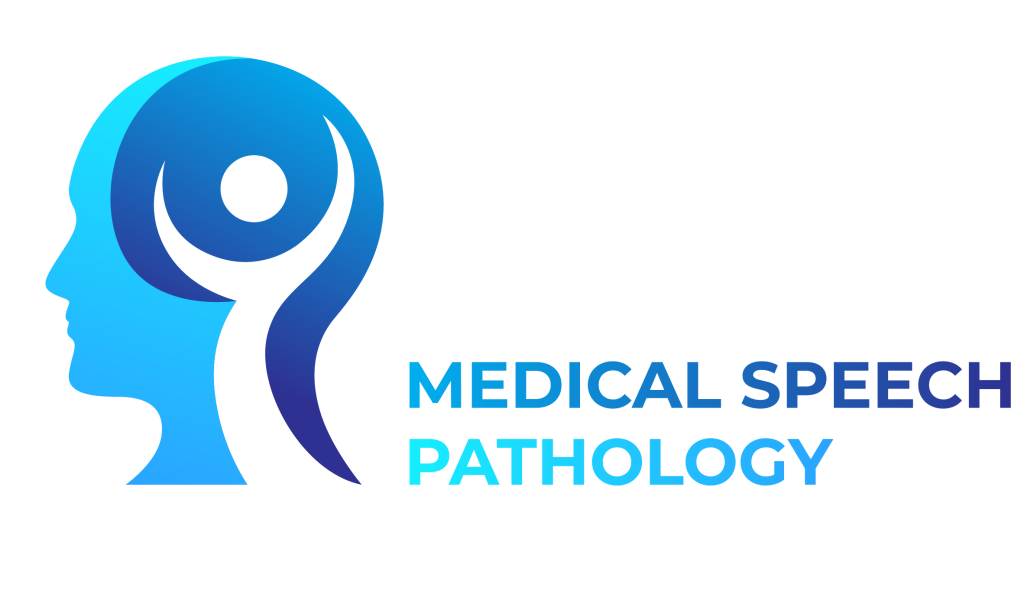Functional Neurological Disorder
Functional Neurological Disorder (FND) is a complex condition, where changes in nervous system functioning result in neurological symptoms that cannot be explained by structural or biochemical abnormalities. It is not a diagnosis of exclusion but a recognised condition with specific neurological mechanisms and patterns. FND can affect various aspects of life, including communication, cognition, and swallowing, but with the right support, individuals can experience meaningful improvements in their quality of life.
At Medical Speech Pathology, we are committed to addressing FND holistically, recognising that each individual is unique. Our clinicians have additional and ongoing training in FND management, ensuring evidence-based, person-centred care. FND can manifest in various ways which affect communication, cognition and swallowing function, including:
-
Voice changes/difficulty producing voice: This includes dysphonia, aphonia, and mutational falsetto or puberphonia. The loss of voice control is involuntary, but may include excessive muscular tension, which can also be addressed.
-
Swallowing difficulties: Symptoms like globus (a sensation of a lump in the throat) or functional dysphagia (difficulty swallowing) can occur with or without other structural abnormalities, so a comprehensive evaluation of swallowing function is warranted to rule out other contributing factors.
-
Dysfluency (stuttering): Functional stuttering can emerge suddenly in adulthood without prior speech difficulties and is characterized by extreme variability, unusual patterns, or consistency in dysfluency that defies developmental or neurogenic patterns.
-
Functional cognitive disorder: This can involve difficulties with memory, attention, or word-finding, often experienced as “brain fog” or slowed thinking.
-
Speech and language disorders: Can include difficulties with articulation (speech sounds), prosody (speech rhythm or intonation), or language comprehension and expression.
-
Cough and upper airway disorders: Functional cough and laryngeal hypersensitivity may arise due to altered sensory processing and can significantly impact quality of life.
A Holistic Approach to FND
We believe in addressing the whole person, not just the symptoms of a functional neurological disorder. Intervention for FND focuses on empowering individuals to better understand their condition and develop strategies to regain control over their communication and swallowing. This involves providing tailored therapy through personalised plans designed to meet specific goals, such as improving voice production, managing stuttering, or swallowing safely and comfortably. Education and psychoeducation play a critical role in helping individuals and their families understand the neurological mechanisms of FND, reducing fear, and fostering self-management. Emotional and cognitive support is also essential, addressing underlying triggers that contribute to symptoms. Finally, care is delivered collaboratively, ensuring a multidisciplinary approach by working closely with other healthcare professionals to achieve optimal outcomes.
Our clinicians are not only highly trained and experienced Speech Pathologists, but also bring a depth of passion and experience in Functional Neurological Disorder management. Our accreditation in the University of Sydney’s Functional Neurological Voice Disorders micro-credential reflects our commitment to evidence-based, innovative care, and membership in the Functional Neurological Disorder Society (FNDS) and other professional FND groups keeps us at the forefront of best practices.
Take the Next Step
If you or a loved one are living with FND, know that support is available. By addressing the physical, emotional, and cognitive aspects of the condition, we help you take meaningful steps toward improved communication, swallowing, and overall well-being.
